The Multinational Multirole Tanker Unit (MMU) has increased its air-to-air refuelling capabilities with the arrival of its eighth A330 Multirole Tanker Transport (MRTT) aircraft at Eindhoven Airport.
According to a press release from NATO, this addition is part of an ongoing effort to enhance resilience and flexibility in Allied air operations.
The new A330 MRTT, bearing the tail number T-061, landed at Eindhoven Airport on June 19, 2024. This aircraft is the eighth in the MMU fleet, with a total of ten planned by 2026. The aircraft was flown from the Airbus facility in Getafe, Spain, by experienced MMU pilots.
The A330 MRTT is known for its versatility, capable of performing both air-to-air refuelling and transporting cargo and personnel. MMU technicians will soon fit the new aircraft with refuelling pods, which are part of the hose and drogue system that enables the A330 to refuel other aircraft in-flight, thereby extending the operational range and resilience of NATO air missions.
NATO officials state that the continuous expansion of the A330 MRTT fleet demonstrates the commitment of the partner nations to a shared and efficient aerial refuelling and airlift capacity within Europe.
The MMU provides strategic transport, air-to-air refuelling, and medical evacuation capabilities to its six participating nations: Belgium, Czechia, Germany, Luxembourg, the Netherlands, and Norway.
The programme is based on a pooling and sharing concept, outlined in a Memorandum of Understanding, where participating nations share the aircraft and associated costs. The fleet is owned by NATO and managed by the NATO Support and Procurement Agency (NSPA).
NATO describes the MMU as a unique example of effective cooperation between NATO and the European Union in delivering critical capabilities. The MMU team is based at the NSPA headquarters in Capellen, Luxembourg, with additional staff in Eindhoven, Cologne-Wahn, Bonn, and Getafe providing support.


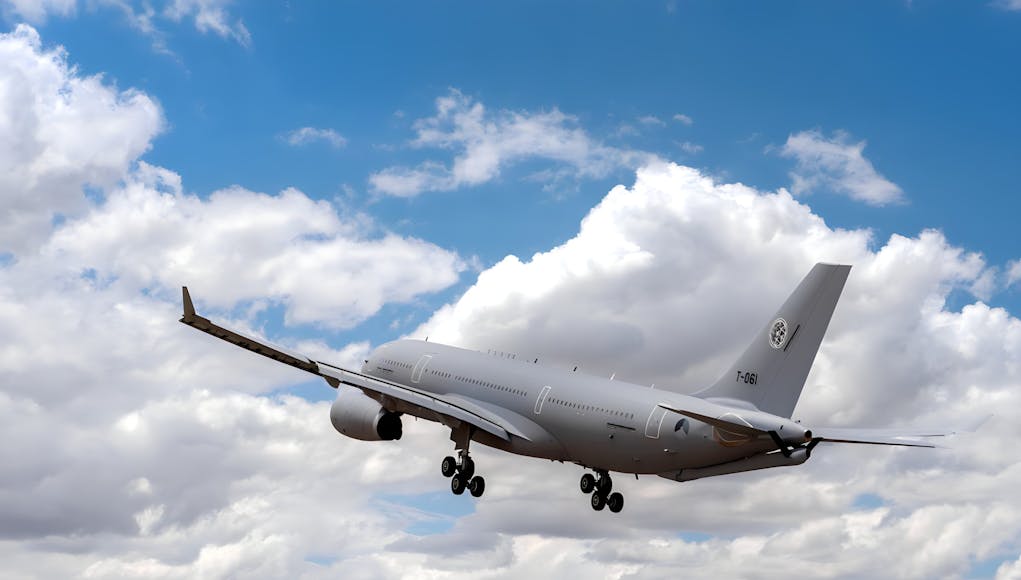
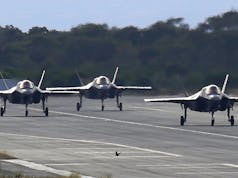
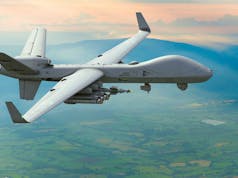
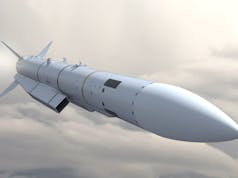

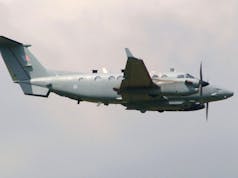

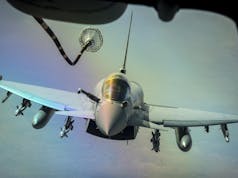




Good to see NATO developing such enablers especially so smaller militaries can participate.
However one wonders if it’s worth the risk of giving an effective veto of the use of such assets to people like Erdogan, Orban or the German government.
NATO’s structure as a treaty organisation meant that even if one member decided not to follow up on their commitment it didn’t stop the rest.
However the more NATO integrates and the more pulled assets it controls then more it becomes a political body.
No political body in the world can truly function when an absolute majority is required for action.
The UK should continue to focus its harmonisation efforts on the JEF and not wider NATO. We should build sovereign capability that can represent the core or the back bone of a European response to security threats in the North Atlantic area and we should begin preparing for the day when the US either diminishes its NATO commitments or completely leaves the alliance all together.
The UK is not the USA and can’t hope to match what the USA can do but it’s the only country in Europe that has the experience, C4 ISTAR and strategic capability to build something that can come close to replacing the USA in a European security context.
For us this is probably going to mean more nuclear weapons, more space based assets at the expense of more tanks and more fighter jets.
I think we need far bigger conventional forces so that we can handle conflict & deter aggresion effectively, rather than needing to resort to the nuclear option sooner rather than later because our conventional forces wouldn’t last more than a month or two.
Everyone in nato has conventional forces. If the USA pulls out they will all be pointless.
That’s my point.
It is a good point. Modern nuclear arsenal are needed, from Uk and France. This will avoid any nuclear blackmail. Though pooling some ressources together make a lot of sense: common MBT model is better than 15. 1 or 2 Sam suite is better than 15. For the fleet, very few countries can make submarines and aircraft carriers. Here, in fleet, lies the biggest issue, since France cannot afford many more and like UK, must be able to mount independently actions to safeguard oversea territories. I don’t see a French fleet without frigates or relying on other navies frigates for this kind of domestic interventions. Nobody will help us. So no large carrier fleet is possible. Not to say that we cannot coordinate on areas of common interest.